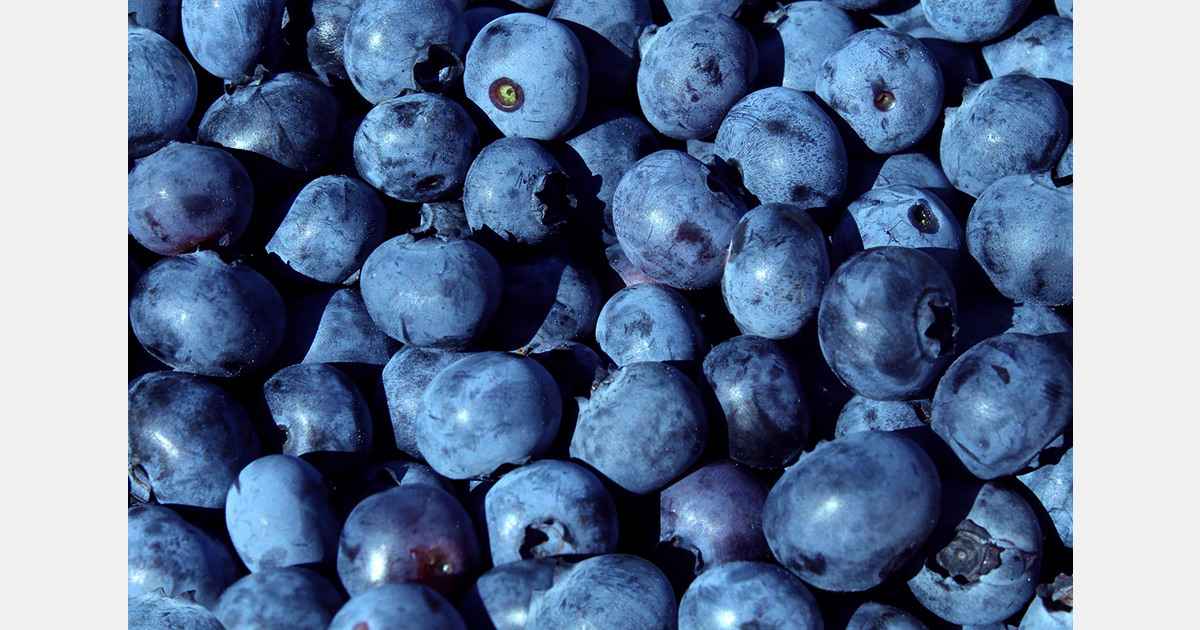
Egypt has transitioned from a peripheral player to a contender in the global blueberry landscape, attracting attention from European and American companies. Spanish and Dutch firms have initiated projects with proprietary genetics. An American company is conducting a 50-hectare trial near Alexandria, with expansion plans dependent on this trial’s outcomes. Additionally, another group has launched trials using Australian-developed genetics in 2023.
The IBO reported 80 hectares dedicated to Egyptian blueberries in 2022, although some dispute these figures. Most projects are modest in scale, typically under 8 hectares, and are located between Cairo and Alexandria. Egypt’s season is projected to align with Morocco’s, capitalizing on similar latitude, aiming for peak yield in February.
Despite Egypt’s geographic similarities to Morocco, differences in market reach are notable, given the substantial distance between Alexandria and Agadir. European interest is robust, with limited exports distributed among the UK, Netherlands, France, and Malaysia. Notably, Egypt boasts greater water resources than Morocco.
Egypt’s landscape facilitates irrigation, combined with abundant labor, positioning it uniquely within the industry. With over 100 million residents, the domestic market potential mirrors South Africa, where local markets are expanding. Consumer surveys indicate a one-in-five interest in purchasing the fruit.
The primary export market for Egyptian blueberries is the UK, with observed growth from 43 to 149 tons by week 14 in a measured period. This trend reflects European consumer demand, which emphasizes year-round supply and quality. Highly selective, this market necessitates producers to expand infrastructure to meet rising quality and competition requirements, focusing on future market conditions.
Source: Blueberries Consulting
Source: The Plantations International Agroforestry Group of Companies
